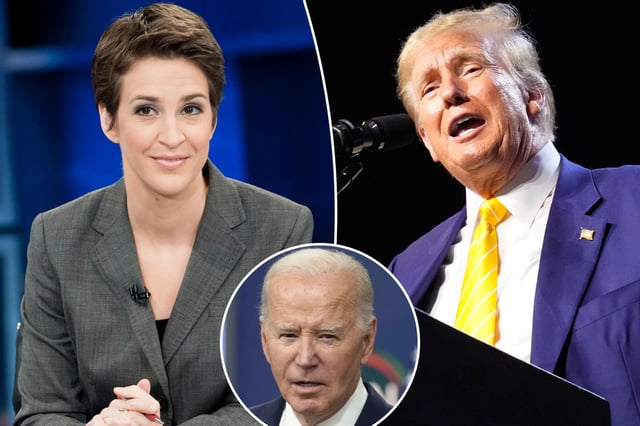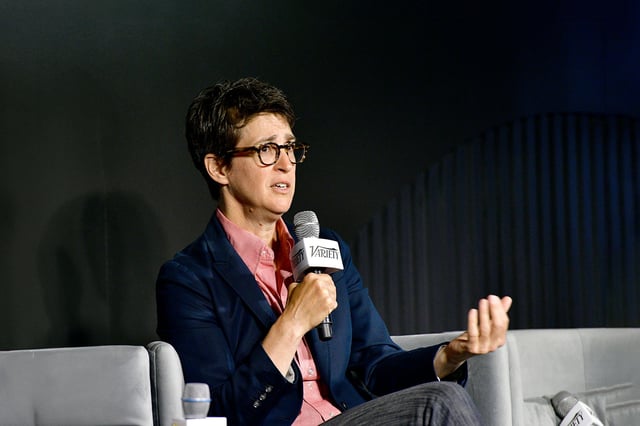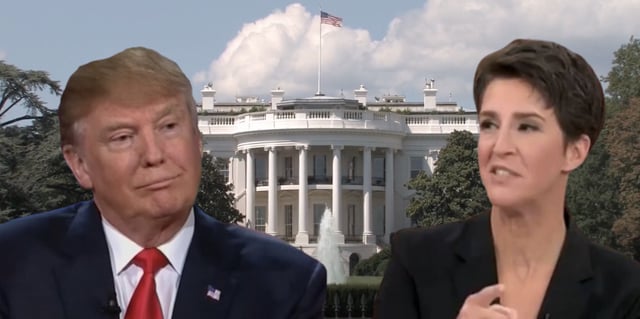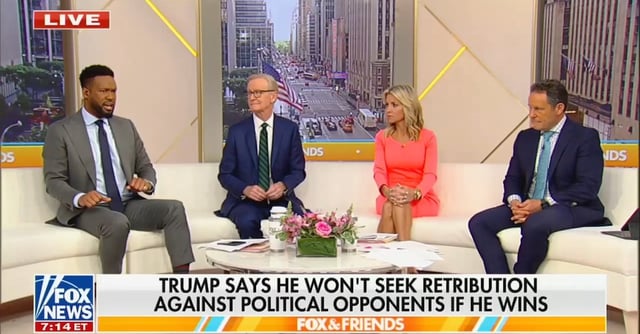Overview
- Maddow voiced her fears during a CNN interview, highlighting Trump's rhetoric on detention camps.
- She questioned whether these camps would only target migrants, suggesting a risk for political opponents.
- Maddow referenced historical precedents to underscore the seriousness of her concerns.
- Critics dismissed Maddow's fears as exaggerated and politically motivated.
- Trump has not ruled out the use of detention camps in his plans to address illegal immigration.



